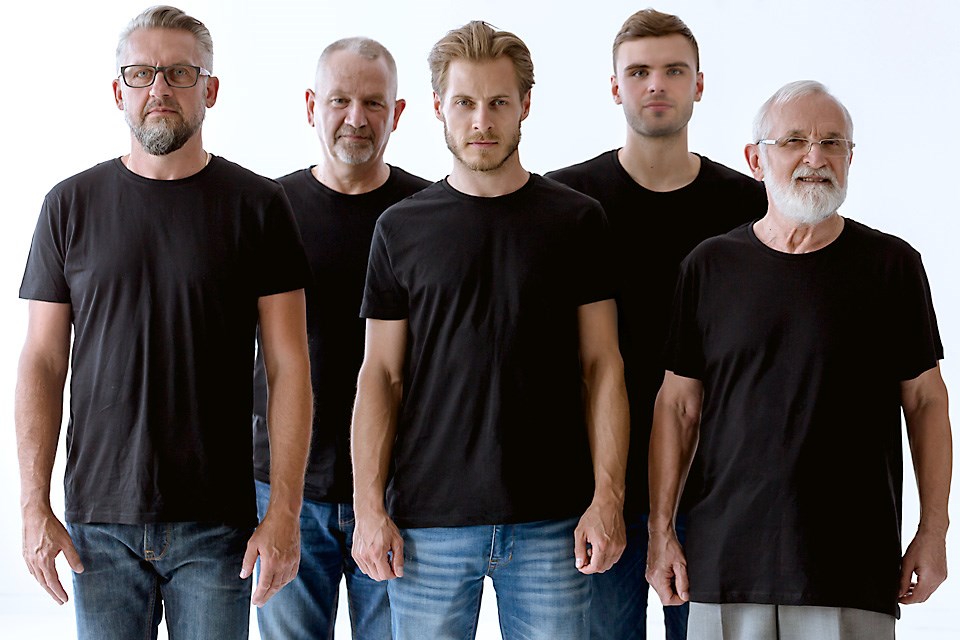Movember encourages a greater understanding of men's health issues, such as prostate cancer, testicular cancer and men's suicide. The Movember Foundation, which was founded in 2003 by brothers Adam and Travis Garone, was organized to help change the face of men's health and raise money to fight various diseases. With that goal in mind, mustaches simply made sense as a face-changing symbol.
Statistics show men have shorter life expectancies than women, and certain health issues can decrease life expectancy: these include heart disease, cancer, unintentional injuries (falls, fire and impaired driving), and stroke. However, there are other factors unique to men, and these issues garner much of the Movember focus.
Prostate cancer and testicular cancer
Testicular cancer and prostate cancer are common cancers among Canadian men. If prostate cancer is detected early, 98 percent of men can survive longer than five years. Those diagnosed early for testicular cancer have a 95 percent survival rate, according to The Movember Foundation.
If something doesn't feel right during self-examinations or if men recognize symptoms like urinary leakage, pain or urgency, they should visit their physicians immediately.
Suicide
It is a shock when people take their own lives, especially when there are no apparent signs of distress. While suicide has been magnified by the high-profile suicides of celebrities like television host Anthony Bourdain, there is still work to be done on raising awareness about suicide and its prevalence. In 2016, the most recent year for which the World Health Organization has suicide data, there were an estimated 793,000 suicide deaths across the globe.
Men are more likely to commit suicide than women—up to 3.5 times more often than women. The rate of suicide is highest among middle-aged white men. While rates of depression are higher among women than men, one reason suicide may be higher for men is because ‘boys don't cry’ is a mantra that has been embedded from youth. A reluctance to express and communicate emotion may be why many men choose life-ending measures instead of showing perceived emotional weakness and seeking help.
Men's health is something to take seriously. Global studies show men seek general primary care only about a third as often as women. This Movember, men can make their health a priority by communicating their needs and seeking the lifesaving help they need and deserve.
This Movember feature is brought to you by Great West Media Content Studio and in part by the Sponsors on this page. It is not written by and does not necessarily reflect the views of the editorial staff.




